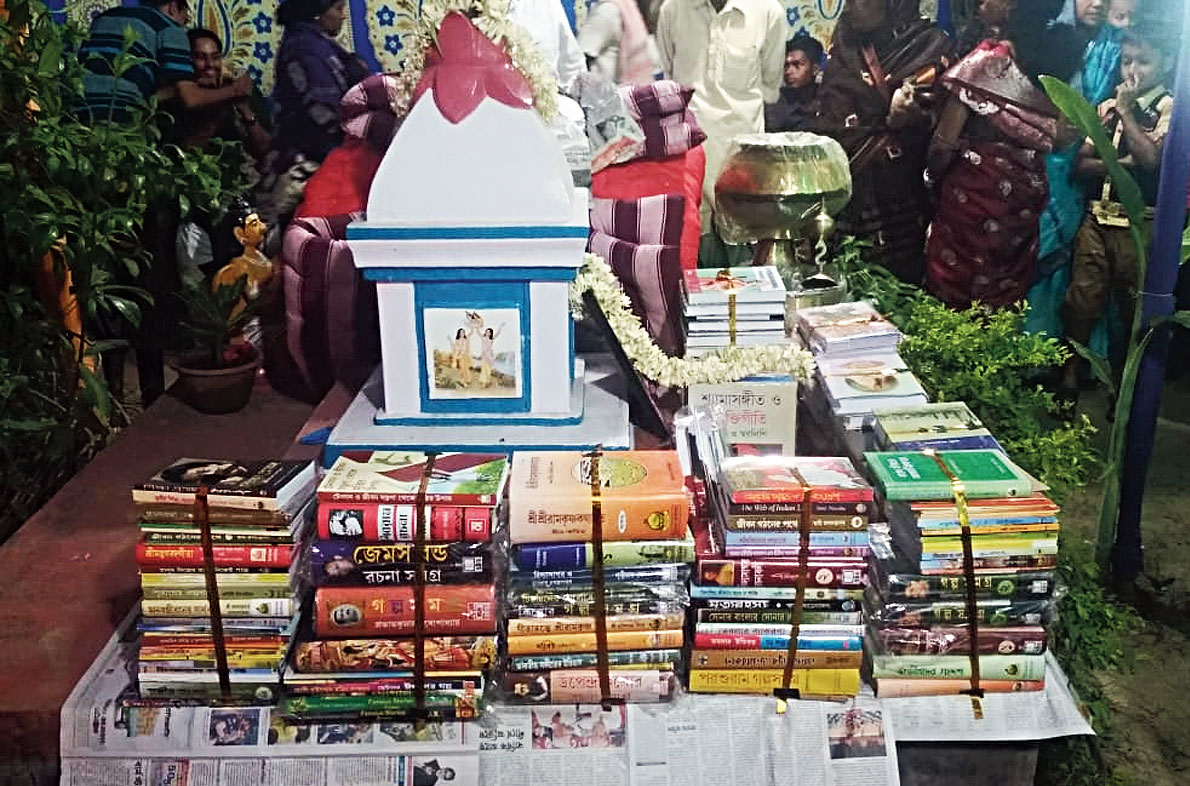An American actress had once observed, rather caustically, that marriage is nothing but a financial contract. Indian women and their maternal families, unfortunately, would appreciate the sarcasm. This is because India, in spite its righteous claims of being a modern, knowledge-based economy, loses, according to data, as many as 20 of its daughters every single day on account of harassment related to dowry, a regressive custom that reduces marriage to an unequal, transactional compact.
Social capital — education and employment — or the lack of it is no insurance against this venomous tradition. Recently, in Ahmedabad, a woman — young, educated, with a decent job — ended her life; her family says that she could no longer cope with the ceaseless demands of money and the torture from her husband’s family. Calcutta, too, is also reading about the death of another young woman, who, it is being alleged, faced similar harassment from her in-laws. At the other end of the spectrum are families in South Asia that are, studies show, driven to chronic poverty on account of exorbitant dowry payments that are far higher — by as much as 200 times — than their incomes. Several factors are attributed to explain the endurance of this nauseating practice cutting across classes: the imbalances in prevailing inheritance laws that give miniscule rights to women, ineffective deterrents — India’s Dowry Prohibition Act is one example — are among them. Bride price — the sum that the groom needs to pay to the bride in some cultures — has also been known to be a cause of friction and, often, violence.
The battle against anti-progressive customs that discriminate against women needs to be fought on multiple fronts. Existing laws must be complemented by prompt, fair investigations, with punitive action taken speedily when guilt is established. Public awareness campaigns must be invested in to expose the troubling implications of such demands. But there is also a need to open a second front: an intelligent harnessing of tradition itself as a means of empowerment. Hearteningly, women and, on some occasions, men are showing the way by harnessing orthodoxy to a liberal agenda. Earlier this month, a young Muslim woman in Murshidabad set an example to her neighbours by demanding — and receiving — 60 books as part of her mohor. Such a welcome ‘transaction’ seems to be gaining ground with educated couples choosing knowledge over primitiveness: in the South 24 Parganas, a teacher — he loves reading — received, much to his surprise, a gift of nearly 1,000 books in another incident.
This coupling of tradition with progress — the two need not always share strained ties — could yield encouraging results. It could put a healthy distance between institutions — marriage, for instance — and their gross material underpinnings. The jaundiced notion of linking a woman’s life and dignity to wealth could also be challenged without proposing radical alternative interventions that may not find wider acceptance in a conservative milieu. Emancipation is incremental. The challenge, for policymakers and administrators, is to nurture this flickering flame.












